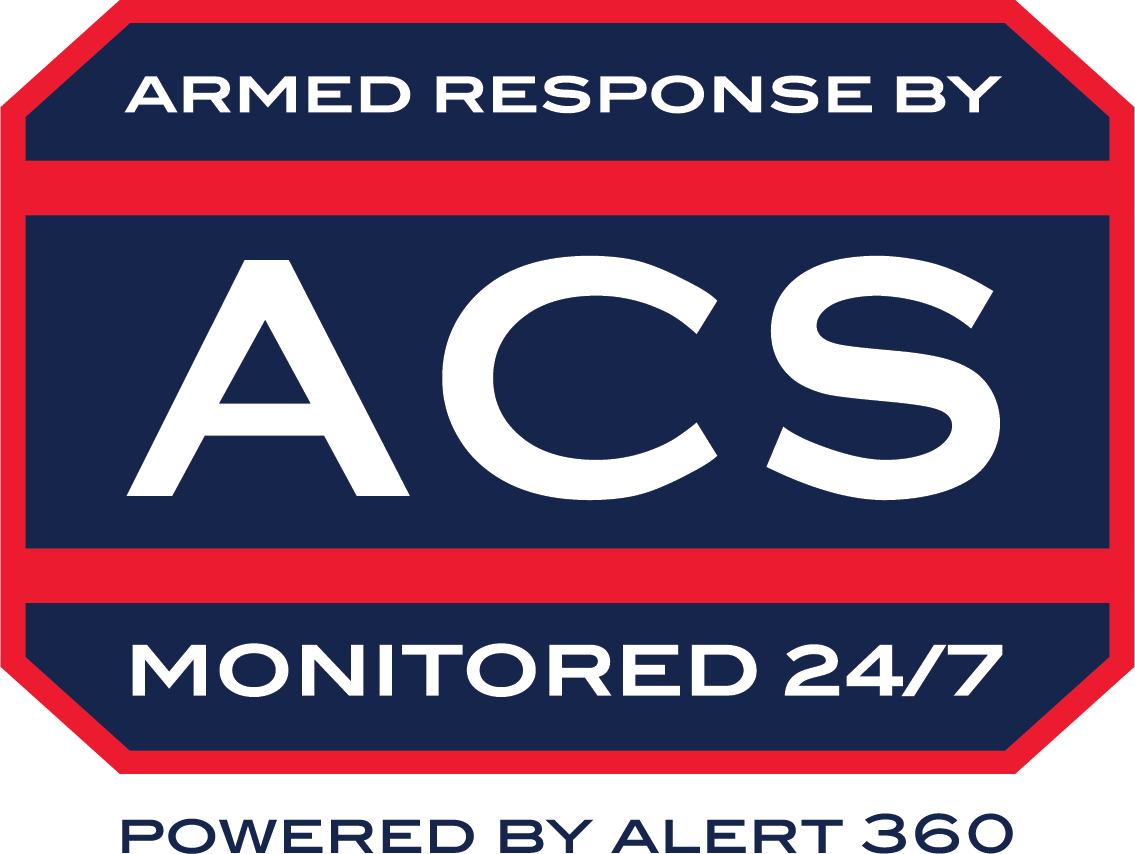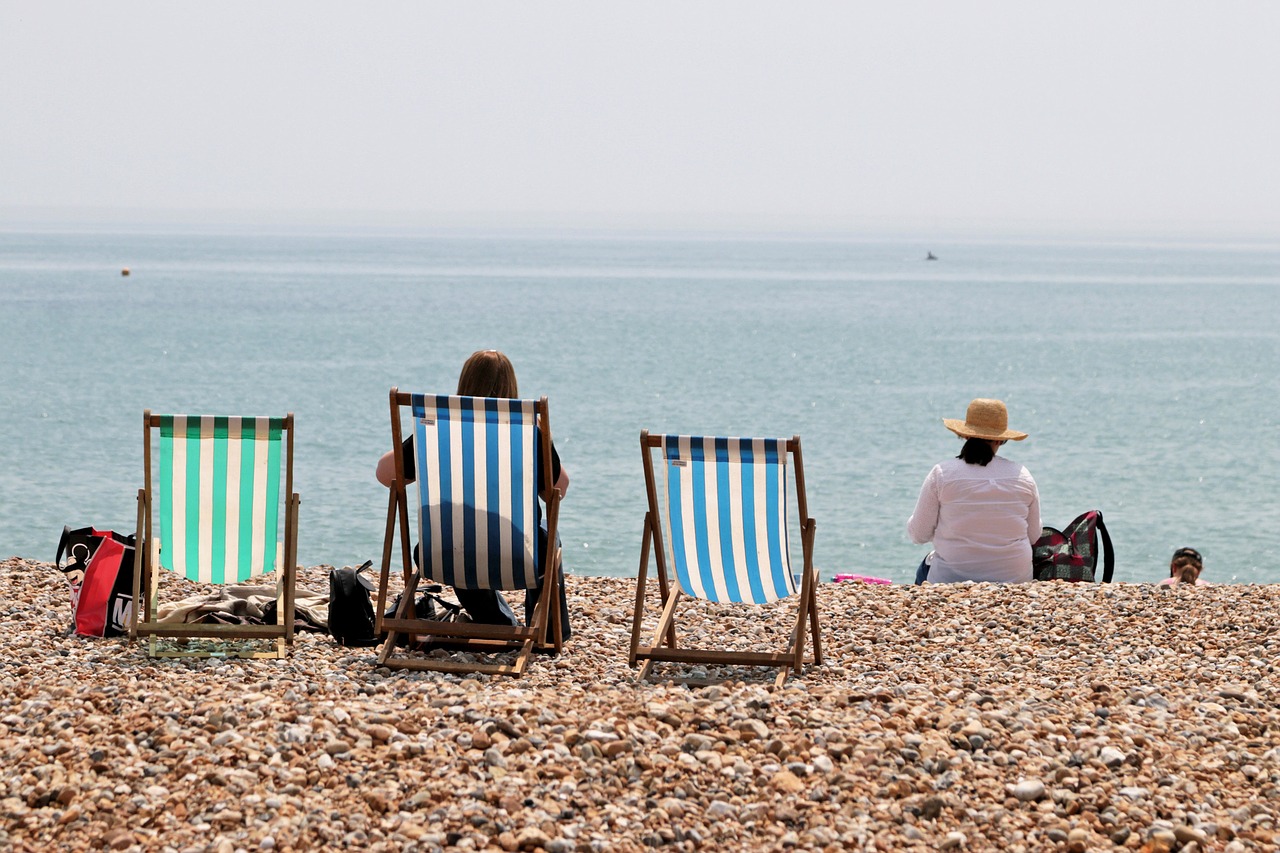Handle the Hot Weather With These Tips
When you’re outside in hot weather you must be careful. Many times, you won’t know if your body is suffering from any sort of heat exhaustion. Heat-related illnesses can happen quickly and lead to delirium, organ damage, or even death. Follow these safety tips to determine when you are in a heat emergency and what to do if you are in this situation.
Take precautions before going outside in hot weather:
- Make sure you drink more water than you think you need and avoid using alcohol when you’re outside in the sun.
- Wear loose, lightweight clothing and a hat.
- Replace any sodium your body will lose from sweat by drinking fruit juice or a sports drink.
- Try to avoid being outside during the hottest times of the day which are between 11 AM and 3 PM when the sun is strongest.
- Wear sunscreen because sunburn affects the body’s ability to properly cool itself.
- Avoid direct sunlight.
- Plan breaks.
- Eat smaller meals.
- Be sure to regularly check on small children and the elderly.
Be cautious of weather warnings:
- High Humidity: When the humidity is high, sweat cannot evaporate quickly. This means your body will remove heat at a rate much slower than usual. Age, obesity, fever, heart disease, poor circulation, sunburn, and alcohol use can also affect the body’s ability to cool itself naturally.
- Excessive Heat Outlooks: This means to look for potential heat warnings within the next 3 to 7 days.
- Heat Watches: This means a heatwave is expected to hit within 24 to 72 hours but it is not determined when it will exactly arrive in a certain region.
- Heat Advisory: This is a weather warning for a heatwave that is expected within the next 12 hours. This occurs when the heat index is over 100 degrees and may potentially last for 2 days. The nighttime heat index doesn’t drop below 75 degrees during a heat advisory.
- Excessive Heat Warning: This is issued within 12 hours of the heat index expected to be over 105 degrees. It is essential to take precautions in this weather as you have a greater risk of heat illness.
Symptoms to watch for and how to treat them:
Heat Rash: This is an irritation to the skin caused by excessive sweating. Symptoms may include a red cluster of pimples and small blisters. These are usually found on the neck, upper chest, groin, breasts, and in elbow creases.
- To Treat: Move into a cooler area and make sure to keep the rash dry. The powder will help ease the pain in affected areas.
Heat Cramps: This is when the body is having muscle spasms that usually affect the legs or abdominal muscles after physical activity. Excessive sweating reduces the salt levels in the body which leads to cramping.
- To Treat: Begin by resting, and making sure that arms and legs are not used in excess for several hours. Move to a shaded area and drink cool water or a sports drink. Continue to stretch any muscles that may be affected and seek medical attention if you feel any heart problems or the cramps don’t go away within an hour.
Heat Exhaustion: This can occur when the body loses an excessive amount of salt and water. This is normally for people who work outdoors or athletes. Symptoms of this illness are not unlike the flu and can include severe thirst, fatigue, headache, nausea, vomiting, and diarrhea. Other symptoms can include sweating, clammy or pale skin, dizziness, rapid pulse, and elevated body temperature
- To Treat: This could lead to a heat stroke, so it is important to treat the victim very quickly. Move them to a shaded or air-conditioned area and give them water or cold beverages. Apply wet towels to their neck or have them take a cool shower.
Heatstroke: This illness can occur when the ability to sweat fails and the body temperature rises rapidly. Vital organs and the brain will heat within a few minutes. This can be fatal or leave permanent damage to organs. Someone experiencing this will have extremely hot skin and may be suffering from slight confusion.
- To Treat: Move the person out of the heat and into a half-sitting position. Call for emergency help immediately. If the humidity is below 75%, spray the victim with a fan and water. If the humidity is above 75%, then apply ice to neck, armpits, and groin. Make sure you do not give them aspirin or acetaminophen and do not give them anything to drink
It is very important to take the heat seriously and call emergency services as soon as a heat-related injury takes place.


